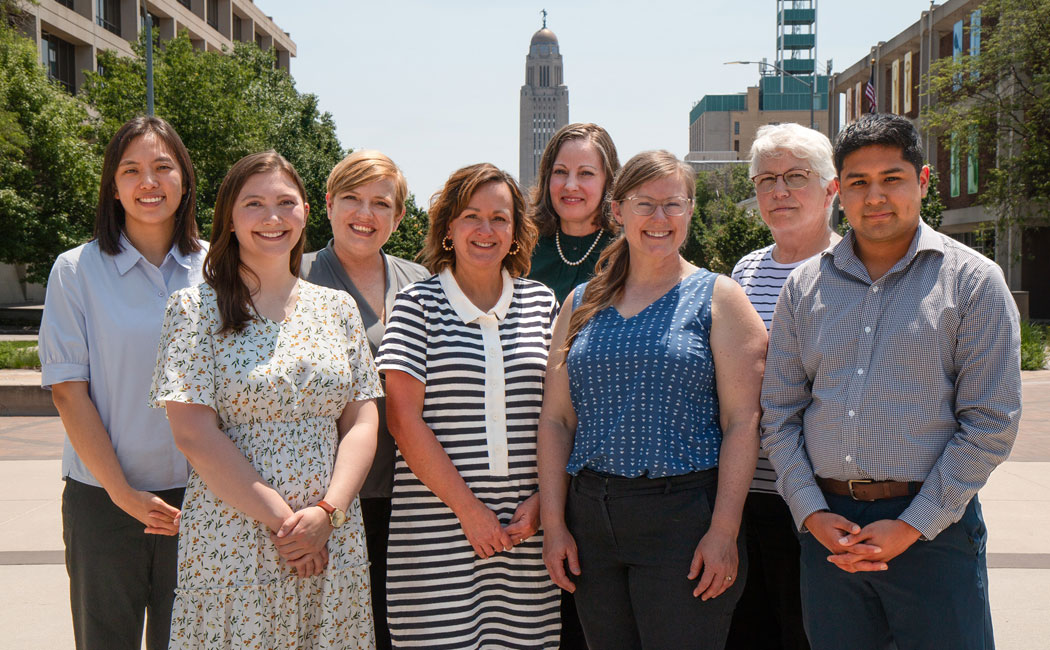
Early screening and support are vital for healthy child development, especially for immigrant and refugee families navigating unfamiliar systems in the U.S.
A recent multi-campus study found that many immigrant and refugee families in Nebraska struggle to access services to address developmental delays or disabilities in children, particularly those age 3 and younger. Barriers include language differences, limited awareness of available services and discomfort with the health care system due to past discrimination or negative experiences.
Despite these challenges, immigrant and refugee caregivers, like their Western counterparts, actively support their children’s development — emphasizing good nutrition, viewing speech difficulties as early signs of potential concerns, modeling routines and encouraging learning through toys, books and conversation.
Lorey Wheeler, CYFS research professor and director of the MAP Academy, recently collaborated with researchers at the University of Nebraska Medical Center’s Munroe-Meyer Institute to improve access to early childhood resources for immigrant and refugee families in Nebraska — and to identify barriers to accessing those resources.
Through community engagement and listening sessions, researchers explored how immigrant and refugee families think about child development, delays and disabilities, and how cultural differences may influence access to early intervention services.
To meet their children’s needs, Wheeler said, immigrant caregivers turn to a mix of formal and informal supports, including doctors, teachers, online resources, and advice from family and other parents.
Wheeler said their reliance on doctors and teachers illustrates the need for professionals to be aware of the unique challenges these families face — and for support systems to be culturally responsive.
“Knowing how to navigate health and education systems made a big difference for caregivers, which demonstrates the value of expanding access to community liaisons or navigators who can guide families through these systems,” Wheeler said.
Language remains a key barrier. Parents reported struggling when interpreters were unavailable or ineffective. When materials were available in their primary language, parents were more likely to understand and use services.
The project began in 2023 with support from the University of Nebraska Collaboration Initiative, during which researchers gathered data on newcomer immigrant and refugee families’ access to early childhood services. Additional funding from the Nebraska Department of Education’s Early Development Network allowed researchers to learn firsthand from caregivers.
The project is led by Wheeler and Kerry Miller, associate director of Munroe-Meyer’s Department of Education and Child Development. Other researcher collaborators included Charlie Lewis, project director at the Center on Children, Families and the Law; Amanda Prokasky; Julie Tippens, associate professor of child, youth and family studies; and MAP Academy research assistants Alexis Chavez and Janella Kang. UNMC contributors included Laura Fritz, Yaritza Estrada Garcia, Rosy Htu, Sanya Tuncan-Minden and Graciela Sharif.
Wheeler said findings will be used to inform targeted strategies to better serve the state’s immigrant and refugee families.
“Continued efforts can build on families’ knowledge and strengths to make sure all families have access to the care, information and resources needed to help their children thrive,” she said.
Learn more about this project on the CYFS Research Network.